From our co-founder’s desk: Insights into the current state of the landscape at the intersection of AI and AdTech.
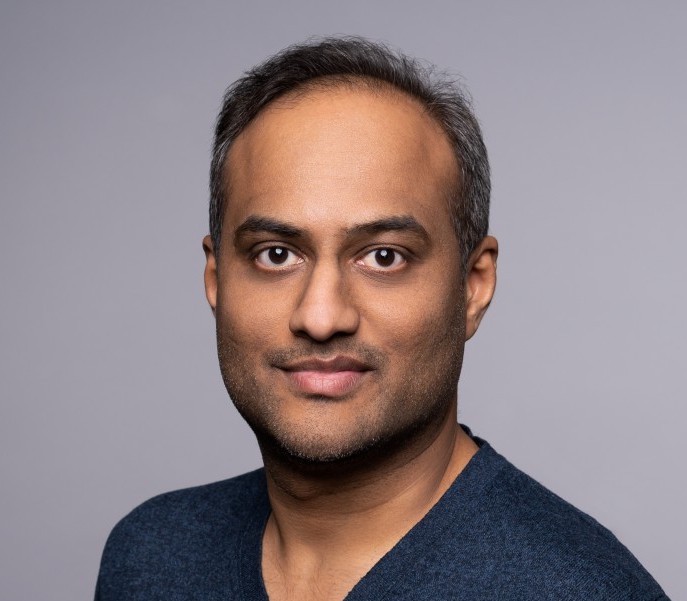
Will Park
Jan 30, 2024

A few months ago, the Sesame Labs team started looking into the role AI could play in the digital advertising world, especially the opportunities to supercharge Meta Ads campaigns. Thanks to our network, we connected with and conducted user interviews on 20+ marketers, agencies, creative designers, and solo-preneurs.
Our market and user research focused on understanding the biggest challenges marketers they face when running Meta Ads, how they use AI tools in their day-to-day workflow, and areas where these tools can play a significant speedup role in the future.
To help others building in this space, we have compiled some of the high-level takeaways below.
Marketers face challenges in establishing a reliable process to predict high-performing ads
Marketers launch ads on Meta Ads, Google, Twitter, etc. in hopes that at least one becomes a successful ad (with a positive return on ad spend). They also hope to sustain a winning ad’s performance over time.
However, it is a struggle to determine the factors that contribute to an ad's success or failure. Learning how to iteratively improve their ads is an even more difficult challenge. The typical process followed by advertising and digital marketing agencies involves an intricate testing strategy that requires a significant budget and several months, making it financially unviable for most business owners.
Your Meta Ads performance predictions are here - Ads Generator AI
Business owners are hesitant to invest in Meta Ads due to the high costs compared to Google
The testing strategy we just mentioned is the process of testing your ad creatives via ad variants. This testing process is at the heart of many business owners’ hesitancy to invest the required budget in Meta Ads, especially compared to Google.
Although ads on Meta are highly effective for business owners in terms of prospecting new customers, they are required to spend at least several hundred dollars per week on ads before being able to evaluate their performance. And that is before adding in the costs of producing the final ad imagery and copy.
As a visual-first platform, both Facebook and Instagram require an image or a video for all ads on their platform, which increases the production cost of and time to launch a new Facebook or Instagram ad. As a result, many prefer running text-based Google Ads due to their significantly lower production costs.
However, this preference may shift over time, and is something to keep an eye on with future market research into the AI tools and workflows preferred by users.

Facebook and Instagram users are actively engaging with AI-generated Meta Ads
We have noticed that some marketers are already utilizing AI-generated ad creatives, and they are achieving favorable outcomes. This is particularly true for service-based SMBs where strict adherence to brand and product is not as crucial.
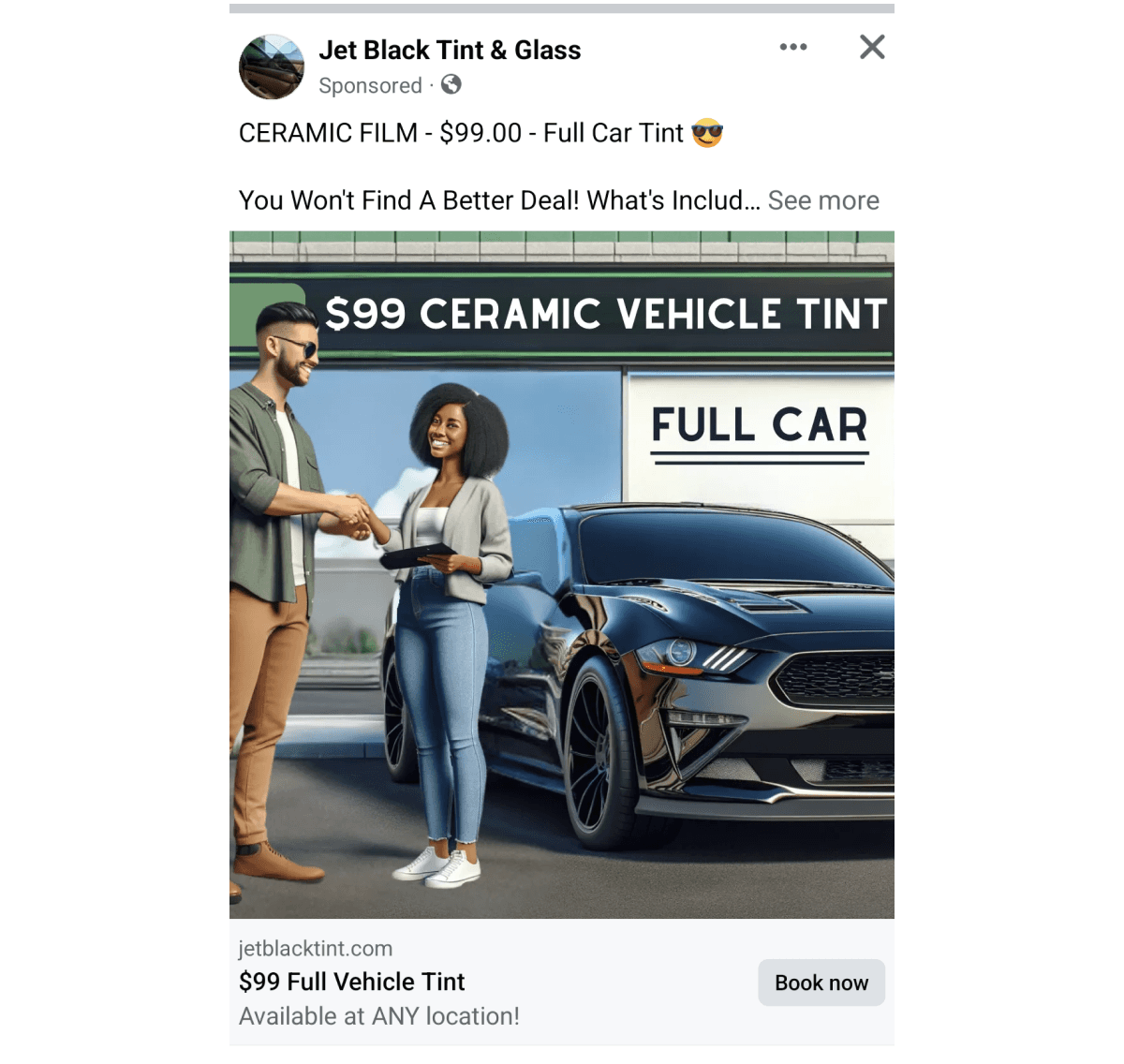
We used our own AI model (Ads Generator AI) to analyze ads like the one you see above. We learned that they are performing better than expected. So, we decided to run our own performance tests.
From our internal testing, we saw a 4X increase in CTR and lower CPM rates for AI-generated ad creatives, compared to agency-built creatives with identical targeting parameters. The AI-generated ads were also nearly 1000X cheaper and faster to produce.
Compelling creative doesn't always translate to performant ads.
While a visually appealing and compelling creative concept may catch attention, it does not guarantee that a Facebook ad or Instagram ad will perform well. Marketers should not solely rely on surface-level creativity, but instead, understand the nuances of their target audience to achieve the desired outcomes.
During our extensive research interviews with marketers and agencies, we found that sometimes, a winning ad comes out of left field. The “coolest” or most visually striking ad creatives aren not necessarily the best performers. Sometimes, a creative idea like “value props superimposed on a naked belly” can catch you by surprise as your highest-performing ad.
Drawing inspiration from competitors’ ads is common with marketers
But it can result in low performance due to ad fatigue.
Many marketers visit the Facebook Ads Library to gather creative inspiration from their competitors. This can be helpful in reducing the time cost of producing ad creatives. Our research found that this is one of the most common tactics used to inspire new ad creatives. However, since competitors often target the same audience, marketers tend to run into performance issues with their ads as users are exposed to similar ad concepts.
To achieve the best performance and avoid ad fatigue, the freshness and uniqueness of your Meta Ads campaigns are crucial. There is nothing wrong with taking inspiration from the Facebook Ads Library, as long as the inspired ad creatives are truly unique.

Your 100x ad creative production speedup is here - Ads Generator AI
AI tools are effective for ad creative demos and concept building
Beyond initial ideation and concept presentation, most generative AI tools lack some key capabilities for day-to-day ad creative production.
Agencies are using the latest ChatGPT to quickly convert a Meta Ads campaign concept into an image to present to a client for approval on the creative direction. However, they are experiencing some major obstacles preventing their everyday use:
Creatives are not aligned with the brand or product and require significant human intervention.
The time cost of human-powered edits on AI-generated assets can be significant.
Creatives cannot be easily modified through prompts without losing key visual elements to the clean-slate approaches used by generative art AI models.
Our user research found a high tolerance for inaccurate images during the creative concept phase, making generative art AI tools a great fit for this use case.
Hallucinations in AI generation remain a significant challenge
Especially for marketers seeking legal and brand teams’ approvals.
Marketers lack an effective method to ensure that creative generation is in line with brand voice, aesthetic, and guidelines, as well as in compliance with relevant legal considerations.
The problem with most generative art AI models is the all-too-common “hallucination”. This is when the model creates an image with elements that look out of place or are impossible in real life (too many fingers, or a laptop with a two keyboards). This poses a risk to businesses concerned about their brand perception.
At the end of the day, many business are wary of fully AI-generated ads that could damage their brand through random hallucinations.

Producing ad creative iterations for campaign performance optimization remains a top problem
Thankfully, recent advancements in AI have the potential to address this issue.
Marketers face several challenges when launching and optimizing Meta Ad campaigns. Unfortunately, the best way to boost the performance of your Meta Ads campaigns is to analyze past performance and iterate ad creatives (and targeting) based on those insights. These marketers are in search of tools that can efficiently and rapidly generate and test creatives.
Every marketer we spoke with recognizes the significant role that AI can play in this area. They are looking for AI tools for ad campaign performance insights, tools that can quickly and accurately generate new iterations of winning ad creatives, and even tools that can help manage and optimize campaign spend across variants and channels.
It’s clear that AI tools have the potential to supplement in-house marketing teams.
Final thoughts
We hope these insights help you better understand the AI and AdTech landscape, or better understand how to build in this space.
Our key takeaway from our various user interviews is this: the demand for AI-powered tools for marketing workflow speedups is there, but it is balanced by a healthy skepticism of AI models' capabilities today.
This skepticism will change as more advanced tools with better approaches to ad creative generation become available. Certainly, we’ll see skepticism wane as the models themselves become more advanced and multi-modal. If anything, we think this skepticism indicates we are incredibly early on the adoption curve, so now is the time to build.
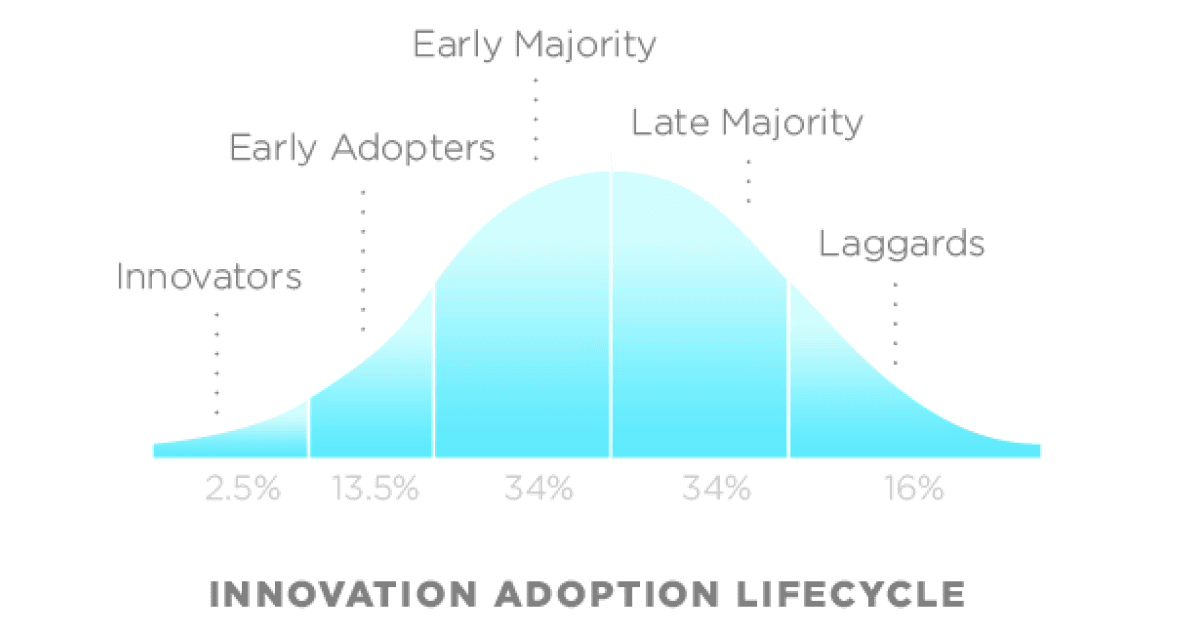
We’re excited for the future of AI and AdTech. But we’re even more excited to show you Ads Generator AI.
Get your free AI-generated ad creatives today!
If you are a builder, marketer, or agency interested in learning more about using AI to help you produce and optimize ad creatives, let’s connect on Twitter or Facebook!
Secure your early access
for ads generator ai